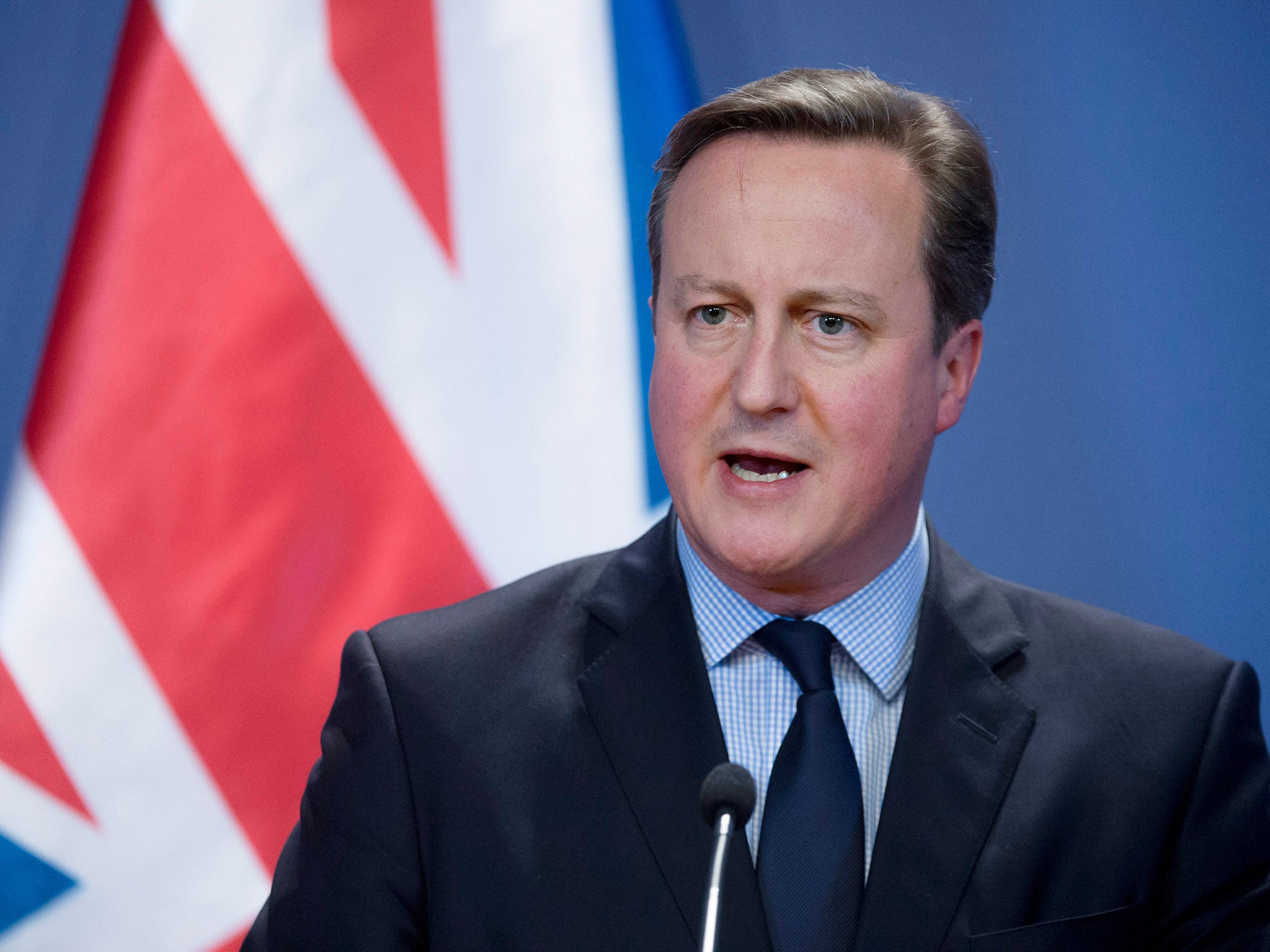EU referendum: Quitting Europe would make the UK less safe, warns Sir Keir Starmer
Exclusive: Sir Keir said the UK relied on EU criminal justice systems to combat terrorism and serious organised crime

Leaving the European Union would be “a risk to the safety” of people on British streets, Labour’s shadow immigration minister and the former Director of Public Prosecutions (DPP ) Sir Keir Starmer has said.
In an interview with The Independent, Sir Keir said the UK relied on EU criminal justice systems “24/7” to combat terrorism and serious organised crime at home.
Drawing on five years’ experience as the head of the Crown Prosecution Service, he warned that “Brexit” would risk vital partnerships with police and investigators in other European countries.
“There’s the potential for a real reduction in our capacity to deal with serious and organised crime and terrorism,” he said. “Anybody who’s been involved in this on a practical, operational level recognises the risks here.
“It’s a risk to the safety of people in this country.”
Sir Keir, who entered politics after standing down as DPP in 2013, and was elected as Labour’s MP for Holborn in May, also accused the Government of shirking its “moral responsibility” to help refugees in Europe, and pledged to help his party come to a “coherent, over-arching policy” on immigration – an issue that has dogged it for a decade, and has been identified as a key weakness of last year’s election campaign.
Supporters of Britain’s remaining in the EU will seize on his warnings of the security implications of Brexit, which he said were founded on his own experience as DPP, working with European counterparts to tackle cross-border issues such as trafficking, cyber crime and terror.
“We rely very heavily on the EU criminal justice measures and when I say very heavily, I mean 24/7,” he said. “I’m talking here about terrorism, people trafficking, cyber crime, sexual exploitation, trafficking of children and paedophilia: they all go across the borders into Europe.
“To give you a practical example, if you have a number of [criminals] operating in different jurisdictions, you absolutely have to arrest them on the same day at precisely the same time. It requires a huge amount of co-ordination. If you arrest one person in Paris, 10 minutes before you intend to arrest someone in London on the same allegation, the person in London will be gone by the time you get there.”
Outside the EU, the UK would have to renegotiate joint agreements on criminal justice issues with individual EU member states, and could lose mutual arrangements that allow short-notice information-sharing on court rulings and convictions in other EU states, which he said could be vital for setting bail conditions for arrested suspects.
Sir Keir is about to embark on a three-month review of Labour’s immigration policy, and will tour the UK taking views from the public, trade unions, businesses and universities. A report into the party’s election defeat, carried out by the former Foreign Secretary Margaret Beckett, this week identified a failure to communicate with working-class voters concerned about immigration as one of the main reasons for Labour’s poor performance at the polls.
Sir Keir maintained that the party had reached “a balanced position” on immigration in its 2015 manifesto, but admitted it needed to be willing to talk to voters. “The party needs to be talking to people all of the time and that is going to involve uncomfortable conversations,” he said.
He said his tour would take into account changes since the election affecting immigration policy: including the EU referendum and Europe’s refugee crisis.
Last week he visited the Calais and Dunkirk refugee camps, and has written to the Home Secretary Theresa May, urging the Government to do more to alleviate the humanitarian crisis facing people there, and to consider resettling unaccompanied child refugees, of whom there are 150 in Calais and an unknown number in Dunkirk.
“Anybody with responsibility for refugees or immigration should take the time to visit the camps in Calais and Dunkirk,” he said.
NO compromise: ‘Solution’ expected
David Cameron appears to be edging towards a deal over Britain’s relationship with Brussels after the European Commission president said he was confident agreement can be reached next month.
The prediction by Jean-Claude Juncker followed a similar forecast from Donald Tusk, the president of the European Council. Mr Cameron has spoken of his belief that a deal would be hammered out at an EU leaders’ summit on 18 February, paving the way to a membership referendum in the summer. George Osborne has also said “essential pieces” were falling into place.
Mr Juncker said that some of Mr Cameron’s demands, including restrictions on EU nationals claiming benefits, remained “very, very difficult issues”. But he added: “I’m quite sure we will have a deal, not a compromise, a solution, a permanent solution in February.”
Join our commenting forum
Join thought-provoking conversations, follow other Independent readers and see their replies
Comments